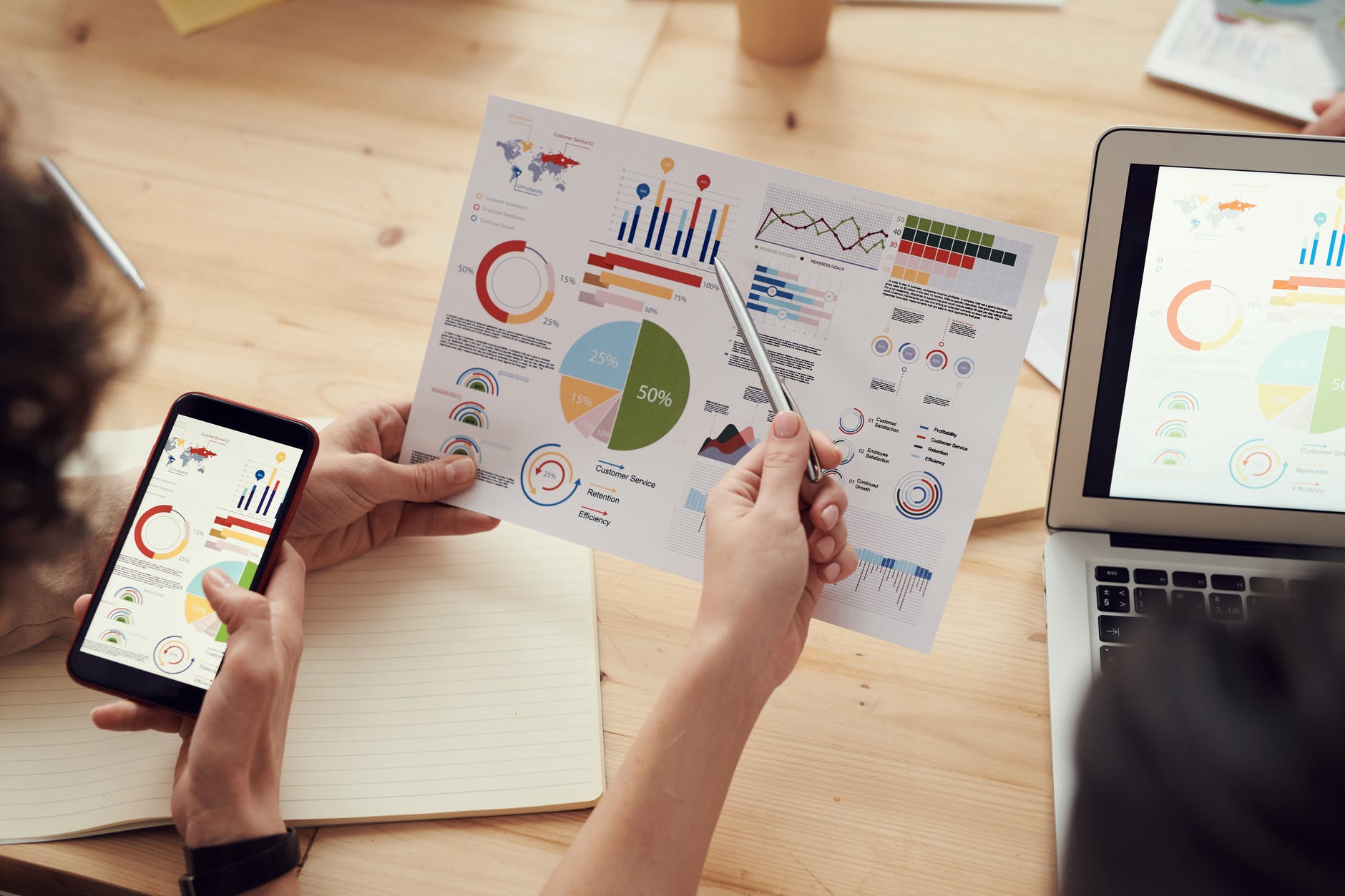What is the Study of Economics?
Economists study how society distributes scarce resources such as land, labor raw material, and machinery to produce goods and services. They conduct research, collect and analyze data, monitor economic trends, and develop forecasts. They research issues such as energy costs, inflation, interest rates, imports, or employment levels. Most economists are concerned with practical applications of economic policies.
Economics at Midwestern
All programs of the Dillard College of Business Administration at Midwestern State University are fully accredited by the Association to Advance Collegiate Schools of Business (AACSB International). Low student – faculty ratios enhance teaching effectiveness and allow for individual student attention.

Careers as Economists
Economists are employed by both public and private sectors of the economy. Economists who work for government agencies may assess economic conditions in the United States or abroad, in order to estimate the economic effects of specific changes in legislation or public policy. The majority of government economists work in the area of agriculture, labor, commerce, or quantitative analysis; however, economists work in almost every area of government. For example, economists in the U.S. Department of Commerce study production, distribution, and consumption of goods and services produced in the U.S. as well as abroad, while economists employed by U.S. Bureau of Labor Statistics analyze data related to prices, wages, employment, productivity, and safety and health. An economist working in state or local government might analyze data on the growth of school-age population, prison growth, highway traffic in order to project future spending needs.
Opportunities for economists should be best in private industry, especially in research, testing, and consulting firms, as more companies contract out for economic research services. The growing complexity of the global economy, competition, and increased reliance on quantitative methods for analyzing the current value of future funds, business trends, sales, and purchasing in such areas as banks, insurance companies, investment firms, manufacturing, and large hospitals would spur demand for economists.
Economics is also an excellent background for graduate schools in business and for a law school.
Important Qualities
Analytical skills. Economists must be able to review data, observer patterns, and draw logical conclusions. For example, some economists analyze historical employment trends to make future projections on jobs.
Critical-thinking skills. Economists must be able to use logic and reasoning to solve complex problems. For instance, they might identify how economic trends may affect an organization.
Detail oriented. Economists must pay attention to details. Precise data analysis is necessary to ensure accuracy in their findings.
Math skills. Economists use the principles of statistics, calculus, and other advanced topics in mathematics in their economic analyses.
Speaking skills. Economists must be able to explain their work to others. They may give presentations, explain reports or advise clients on economic issues. They may collaborate with colleagues and sometimes must explain economic concepts to those without a background in economics.
Writing skills. Economists must be able to present their findings clearly. Many economists prepare reports for colleagues or clients; others write for publication in journals or for news media.